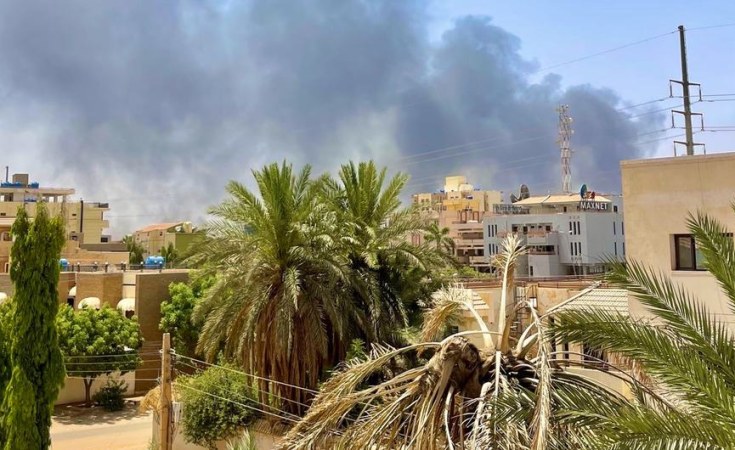Hold Special Session; Create Mechanism to Collect Evidence of Abuses
Since fighting broke out in Khartoum on April 15 between the Sudan Armed Forces (SAF) and the Rapid Support Forces (RSF), both military forces have deployed throughout populated areas. Much of the street fighting has involved the use of explosive weapons that have harmed civilians and damaged civilian structures.
The fighting has killed over 400 people and injured 4,000, but doctors tell us that is likely an underestimate, as many civilians cannot reach hospitals. Millions have no water or power due to strikes on key infrastructure. The population is facing an escalating humanitarian crisis, but also a deeply rooted human rights catastrophe.
Notwithstanding efforts by the African Union, the regional Intergovernmental Authority on Development, and the United Nations Security Council, it is critical that the UN Human Rights Council - the UN's top rights body - ends its inaction and takes measures to hold those responsible for abuses to account.
The global failure to address decades of security force abuses in Sudan underpins the current crisis. The SAF and the RSF have a history of serious violations of international humanitarian and human rights law, whether in the context of counterinsurgency operations in Darfur, indiscriminate aerial bombings in Southern Kordofan and Blue Nile, or crackdowns against protesters in Khartoum and elsewhere.
Sudan's lack of cooperation with the International Criminal Court's investigation in Darfur has been a longstanding problem, and meaningful domestic accountability does not exist.
After Omar al-Bashir was removed from power in 2019, Sudan's authorities and partners overlooked countless calls from Sudanese protesters and activists for justice and reforms. Darfur's most affected communities were ignored. The Security Council replaced its peacekeeping force with a political mission, UNITAMS, to support Sudan's political transition, but with no mandate to provide civilian protection.
The past two weeks have shown the need for international scrutiny to be strengthened. The existing UN bodies - UNITAMS, the UN human rights office, and the Human Rights Council-designated expert appointed following the 2021 miliary coup - do not have sufficient resources to report on the growing crisis. The Human Rights Council should urgently call for an emergency session and create a mechanism to collect and preserve evidence of grave violations, identify likely perpetrators, and make recommendations for accountability.
UN member countries should stand up for the Sudanese people and support the emergency session, sending a clear message that the international community will tolerate abuses no longer.
Hilary Power, UN Geneva Director
Floriane Borel, Acting UN Advocacy Officer


